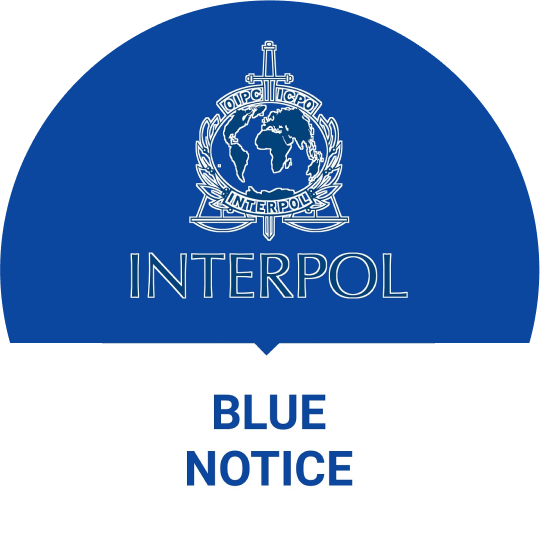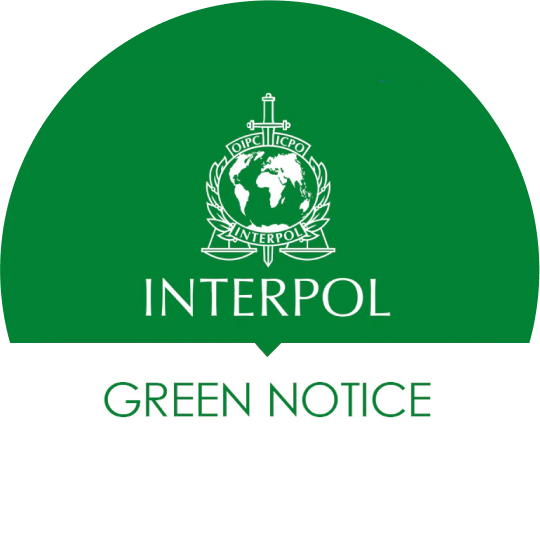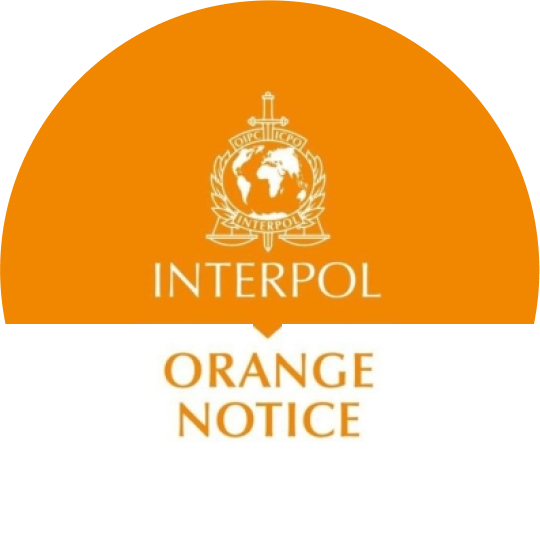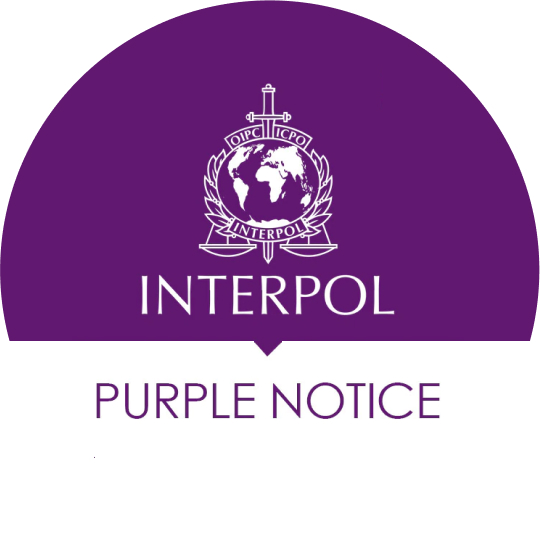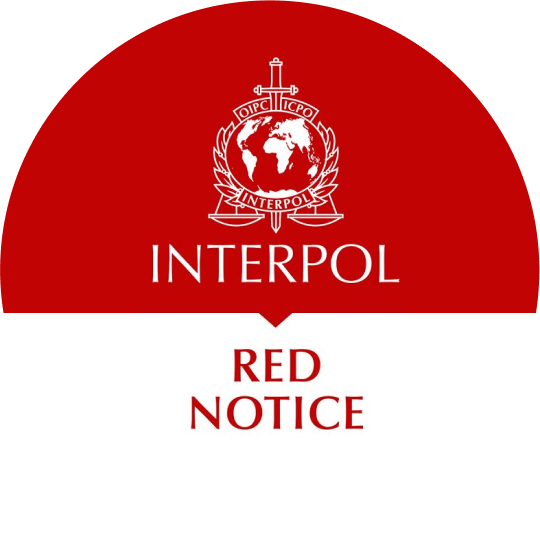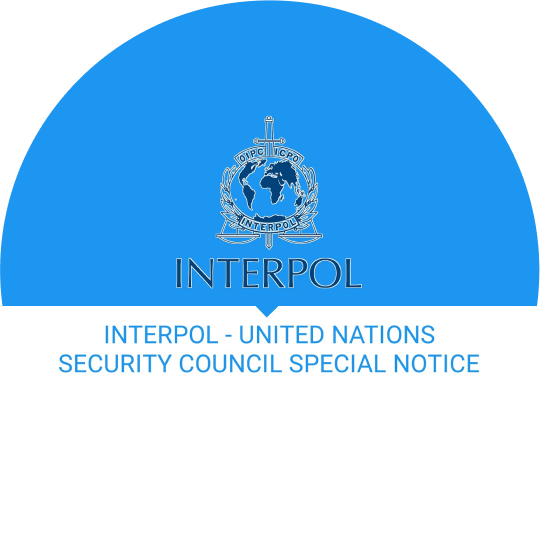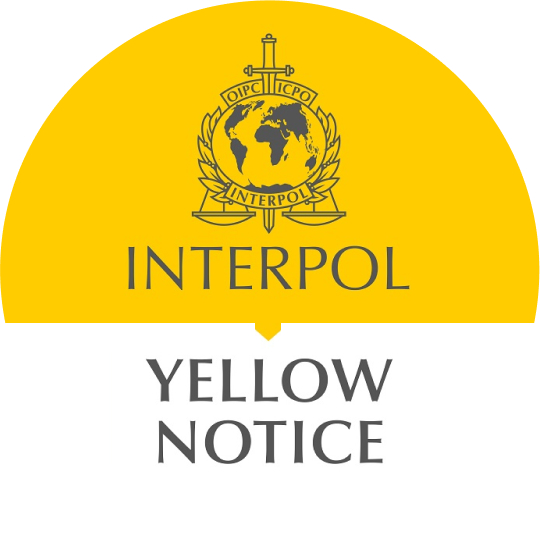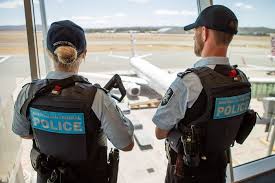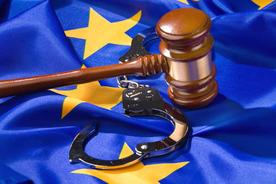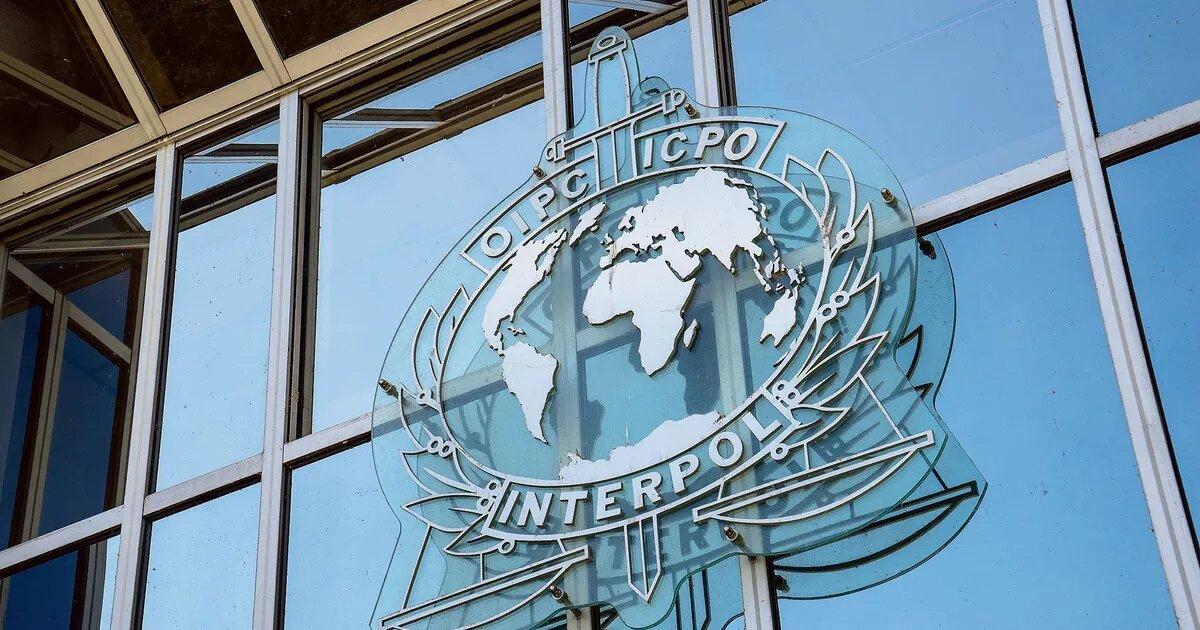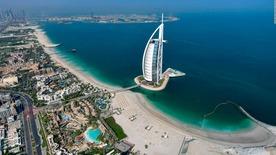Corruption in sports is a growing problem that is affecting the integrity of many sports around the world. This type of corruption can take many forms, from match-fixing and illegal betting to doping and bribery. While there are some efforts in place to combat this issue, such as tougher enforcement of existing laws and increasing education about the risks associated with these crimes, more needs to be done to prevent this form of corruption from continuing to harm our sports communities.
One major factor contributing to Corruption in sports is the large amounts of money involved in many professional sporting events. Because there is so much at stake financially, athletes and teams may feel pressured or tempted to engage in dishonest activities like rigging game outcomes or using performance-enhancing drugs in order to boost their chances of winning. Additionally, corrupt individuals may attempt to influence the outcome of games through illegal betting, creating an incentive for athletes and teams to engage in these activities in order to earn large payouts.
Another major issue contributing to Corruption in sports is a lack of awareness about the risks and consequences associated with these crimes. Many athletes, coaches, officials, and sports fans may not fully understand the negative impact that Corruption in sports can have on their communities, or they may simply be willing to take these risks if it means improving their own prospects of winning. As a result, more needs to be done to educate people about the dangers of Corruption in sport, as well as provide them with resources and support so they can actively combat this issue.
Corruption in sport: Interpol Task Force on Match Fixing
One effort currently underway to combat Corruption in sport is the Interpol Task Force on Match Fixing. This task force was established by Interpol in 2012 with the goal of identifying, deterring and preventing match-fixing activities across various professional sports leagues around the world. Through this initiative, law enforcement officials are working closely with sporting organizations to establish protocols for reporting match-fixing activity, as well as coordinating investigations and information-sharing efforts.
While much still needs to be done to fully address Corruption in sport, initiatives like the Interpol Task Force on Match Fixing are a critical step forward in addressing this growing problem. By providing resources and support for those who wish to take a stand against Corruption in sport, we can help ensure that our sporting communities remain fair, honest, and free from outside influence.
Fight against gambling in football & Corruption in sport
Another major effort being undertaken to combat Corruption in sport is the fight against gambling in football. This issue has become particularly prevalent in recent years, as illegal betting syndicates have been able to exploit loopholes and weaknesses in existing regulations to make huge profits from manipulating professional football games. To address this issue, many governments and sporting organizations have been working together to strengthen laws and policies around gambling, increase enforcement of these laws, and educate people about the risks associated with Corruption in sport.
One important step that has already been taken toward fighting Corruption in sport is the introduction of new regulations requiring bookmakers to obtain licenses before accepting bets on football matches. These regulations provide a mechanism for tracking suspicious betting activity and help authorities identify individuals involved in match-fixing schemes. Additionally, many sporting organizations have implemented measures like anti-corruption monitoring systems and strict punishments for those caught engaging in Corruption in sport, further deterring this form of criminal activity.
Ultimately, while Corruption in sport is a complex and persistent problem, there are many efforts underway to address these issues and protect our communities from the harmful effects of Corruption in sport. By working together to raise awareness about the dangers of Corruption in sport and providing support for those fighting against it, we can help ensure that our sports remain fair and honest for future generations.
Police and sports capacity building
Another key strategy for combating Corruption in sport is the development of police and sports capacity building. This involves implementing training programs and other initiatives that help law enforcement professionals and sports officials work more effectively together to prevent, detect, and respond to Corruption in sport activities. By building stronger partnerships between these two groups, we can create a coordinated response to Corruption in sport crimes and ensure that those involved are held accountable for their actions.
One example of this approach is the International Centre for Sport Security’s Sports Integrity Symposium, which brings together representatives from various law enforcement agencies, sports organizations, and government bodies to share information about Corruption in sport activities and develop new strategies for responding to these issues. Additionally, many governments have been working with sports federations to create and implement standardized training programs for sports officials, referees, and athletes on Corruption in sport issues.
Overall, there is growing recognition that Corruption in sport cannot be effectively addressed without the engagement of law enforcement professionals. By working together to build capacity within these two critical fields, we can better protect our communities from these harmful activities and help ensure the integrity of our sporting landscapes.
Corruption in sport: Media monitoring
Another important strategy to combat Corruption in sport is the use of media monitoring and reporting. This involves tracking media coverage related to Corruption in sport activities, identifying potential trends and associations, and communicating this information publicly with the goal of raising awareness about Corruption in sport issues. By keeping a close eye on what is being reported in the news and sharing the key insights with policymakers and other stakeholders, we can help inform decision-making around Corruption in sport prevention efforts and develop more effective strategies for combating Corruption in sport.
One example of this approach is Sportradar Integrity Services, which monitors various forms of Corruption in sport including match fixing, doping/PEDs, illegal betting, corruption within clubs/fans/officials/players, and more. By tracking media coverage related to Corruption in sport activity and analyzing this information, they are able to provide clients with detailed reports on Corruption in sport trends and help inform their decision-making around these issues.
Overall, a robust media monitoring strategy is an important component of any Corruption in sport prevention program, as it can help raise awareness about the dangers of Corruption in sport activities and keep stakeholders informed about emerging Corruption in sport threats. With greater public awareness and coordination between key stakeholders, we can work together to protect our communities from these harmful crimes and ensure that our sports remain fair and honest for future generations.
While Corruption in sport may seem like a complex problem with no easy solutions, there are many strategies that we can implement to help combat these harmful activities. Some key approaches include increasing police and sports capacity building, using media monitoring to raise awareness about Corruption in sport activity, and engaging a wide range of stakeholders in the fight against Corruption in sport. By raising public awareness, strengthening partnerships between law enforcement professionals and sports organizations, and taking a holistic approach to combating Corruption in sport crimes, we can help protect our communities from these harmful activities and keep our sporting landscapes fair and just for all.
Overview of illegal betting and money-laundering issues in sport
Understanding of the impact of illegal betting is key, but its exact definition, similar to other global crimes, lacks universal consensus. However, in order to bring more clarity to the definition of illegal betting, the following categorizations can be used to describe sports betting activity:
- White market: Betting enterprises holding operational licenses across all jurisdictions they accept bets from.
- Grey market: Betting enterprises licensed in at least one jurisdiction yet accept bets in regions where their product is deemed illegal.
- Black market: Unlicensed betting enterprises with operations across multiple jurisdictions, often seen as a manifestation of organized global crime.
While both grey and black markets host illegal betting, the grey market license structure can often seem muddled. Notably, over the past two or three decades, many jurisdictions have developed a licensing system for online betting enterprises, aiding many in legitimizing their cross-border, virtual business. Unlicensed operators commonly allege having a license from a certain jurisdiction, indicating a regulatory need for an interstate approach to online gambling. Given the large number of online betting enterprises extending their services across various jurisdictions, differentiating between legitimate and illegal operators can be daunting.
For instance, an operator holding a license in one territory (like the Philippines or Malta) marketing to and accepting bets from customers in jurisdictions where their product is unlawful constitutes illegal betting. Although they assert legality based on their license, this claim holds no water. Unlike legal betting houses or financial industries, these illegal operators face no anti-money laundering supervision measures; such measures are sometimes employed by organized crime groups to portray criminal proceeds as profits from licensed betting operations.
Growth of illegal betting on sports Over the past two decades, illegal online betting has expanded as a result of the massive growth in Internet use, the globalization of sports viewing and the consequent popularity of betting on sports in countries with limited legal gambling industries. The internet has enabled online gambling platforms to target a broader audience in regions where gambling is deemed illegal. These operators often leverage current political or legal climates to host their platforms strategically in locations safe from local enforcement.
Various illicit activities include money laundering through betting by abusing services provided by bookmakers, selling hacked accounts of sports and bookmaker companies, acquiring competitive intellect via hacking prominent betting operators, and running independent unlawful online betting operations. Additionally, public forums and social media significantly contribute to the globalization of illicit activities like competition manipulation and illegal betting.
Also, the rise of cryptocurrencies and their mixing services in illegal betting context is an emerging concern as they offer a fairly untraceable international money transfer mechanism, given that many betting sites now accept them.




